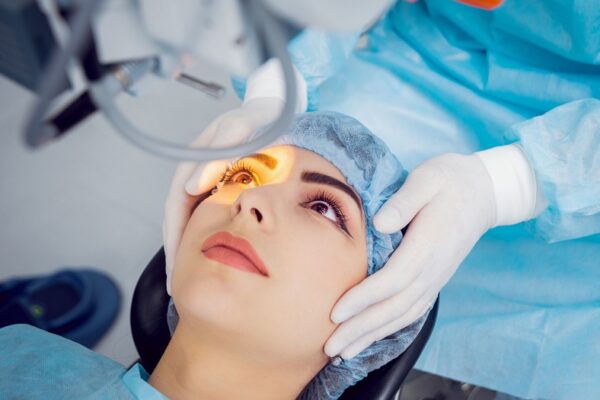In today’s fast-paced world, women often juggle multiple roles and responsibilities, leaving little time to focus on their own health and well-being. However, prioritizing comprehensive women’s care is essential for maintaining overall wellness and preventing a range of health issues. This article explores the significance of comprehensive women’s care and how it serves as a key to achieving and maintaining wellness while preventing potential health concerns.
What Is Comprehensive Women’s Care?
Comprehensive women’s care encompasses a holistic approach to women’s health, addressing physical, mental, and emotional well-being. It includes regular check-ups, screenings, and a range of services tailored to meet the unique health needs of women throughout their lives. This approach recognizes that women’s health needs change over time, from adolescence to adulthood, through pregnancy and menopause, and beyond.
The Importance Of Regular Check-Ups
One of the primary benefits of comprehensive women’s care is regular check-ups. These visits allow healthcare providers to monitor a woman’s health and identify potential issues early on. Early detection of health problems often leads to more effective and less invasive treatments. Regular check-ups typically include a physical examination, blood pressure monitoring, and discussions about lifestyle factors such as diet, exercise, and stress management.
Regular gynecological check-ups are a crucial component of comprehensive women’s care. These visits typically include a pelvic exam, breast examination, and discussions about reproductive health. For women of childbearing age, these appointments also address family planning and contraceptive options.
Preventive Screenings
Comprehensive women’s care also emphasizes preventive screenings and tests that can catch diseases or conditions before they become more serious. Some of the essential screenings for women include:
- Mammograms: Regular breast cancer screenings are vital for early detection.
- Pap Smears: These screenings help detect cervical cancer and are often performed during gynecological exams.
- Bone Density Tests: To determine the osteoporosis and fracture risk.
- Colonoscopies: Recommended for women over 50 to screen for colorectal cancer.
- Blood Pressure Checks: Monitoring blood pressure is crucial for cardiovascular health.
- Cholesterol Checks: To assess heart disease risk.
By staying up-to-date with these screenings, women can take proactive steps to prevent or manage various health conditions.
Managing Chronic Conditions
Chronic conditions, including diabetes, hypertension, and autoimmune disorders, are also managed as part of comprehensive women’s care. Preventing complications and preserving a high quality of life requires that these conditions be managed effectively. Providers of women’s healthcare collaborate closely with clients to establish individualized treatment strategies and offer continuous assistance.
Mental And Emotional Well-Being
Wellness isn’t just about physical health; it also involves mental and emotional well-being. Recognizing the significance of mental health, comprehensive women’s care offers support and resources to assist with the management of anxiety, depression, tension, and other mental health issues. Enhancing the holistic well-being of women necessitates attending to both their physical and emotional wellness.
Reproductive Health And Family Planning
For women who are planning to start a family, comprehensive women’s care offers guidance on fertility, prenatal care, and postpartum care. These services ensure a healthy pregnancy and a safe delivery. Additionally, comprehensive women’s care includes family planning options, including contraceptives and counseling, allowing women to make informed choices about when and how to expand their families.
Menopause And Aging
As women age, their health needs change, particularly during menopause. Support and solutions for managing menopausal symptoms, including but not limited to heat flashes, mood swings, and bone density loss, are provided by comprehensive women’s care. Women’s healthcare providers can offer hormone replacement therapy and other treatments to help women navigate this transitional phase with greater comfort and ease.
Conclusion
Comprehensive women’s care is not just about treating illness when it arises; it’s about preventing health problems and promoting overall well-being. By prioritizing regular check-ups, preventive screenings, and a holistic approach to health, women can take control of their well-being and lead healthier, more fulfilling lives. Whether you’re in your twenties or well into your senior years, comprehensive women’s care is your key to wellness and prevention. Rather than procrastinating, adopt preventative measures to safeguard your health and ensure that you lead a vigorous and robust existence.





